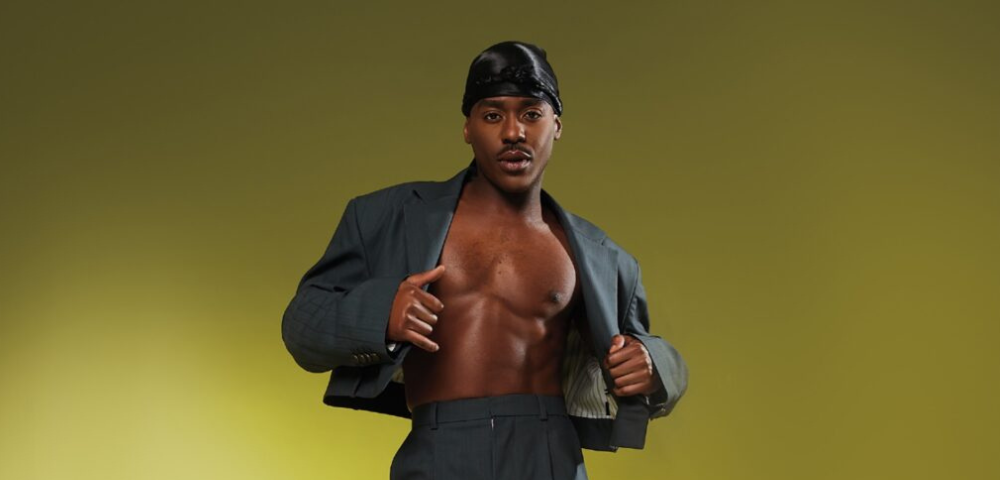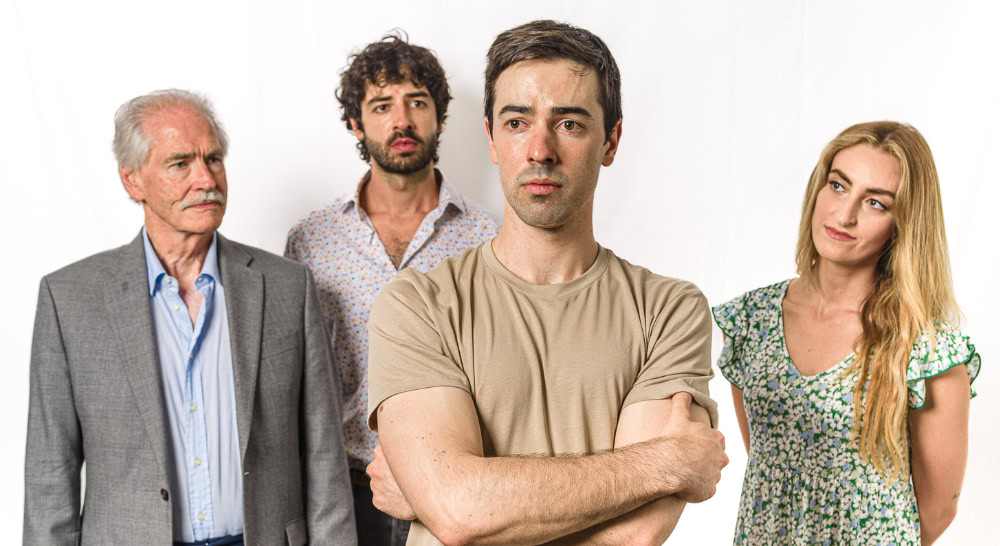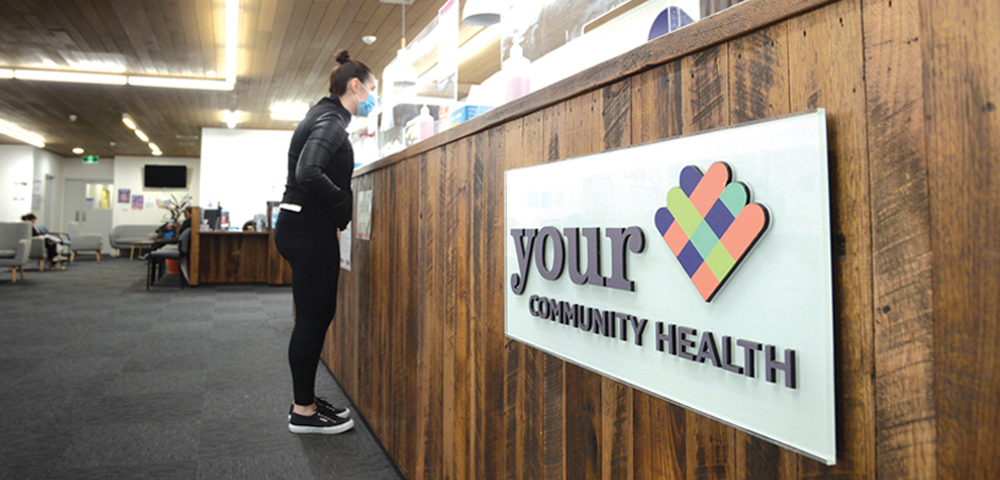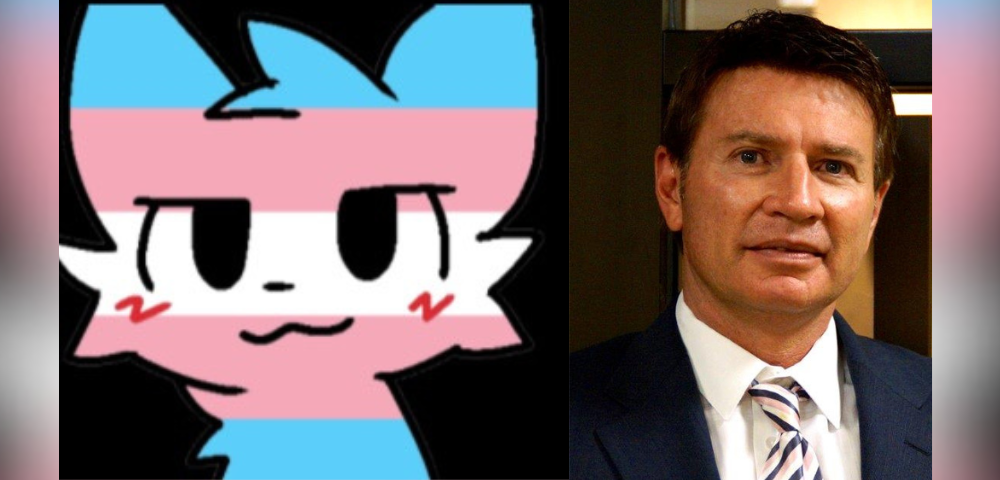
Scotland the braver
Twelve years after its enactment, Scotland became the first region in the United Kingdom to repeal the ban on the promotion of homosexuality by local authorities, including teaching in schools. The bill, passed by Thatcher’s Conservative Government in 1988, became known as Section 28.
Aberdeen-born Doug, 30, (name substituted) explained the situation.
“In 1997 the Scots voted at a referendum for our own Parliament. We wouldn’t have complete independence from Westminster but certain powers were devolved, of which some were education and local powers. Because Section 28 fell into this remit our new Parliament had the power to alter the legislation,” Doug said.
“Most importantly we have proportional representation in the Scottish Parliament which means you have a bigger mix of smaller parties. The Greens may not have been elected without proportional representation. Therefore non-mainstream issues were brought to public attention.”
In debating the bill, Communities Minister Wendy Alexander said, “Repeal is not and never has been about the promotion of homosexuality in our schools.
“Nor is repeal about political correctness or even marriage. It is about building a tolerant Scotland.”
The final vote in the Scottish Parliament was overwhelmingly in favour of repealing Section 28 — 99 votes to 17.
“The Scots have an ethos of fair play. Because the Conservatives were in power for so long in the UK, our new Parliament seized the opportunity to reverse discriminatory Conservative policies,” Doug said.
There was strong opposition against the repeal. Scottish millionaire Brian Souter privately invested heavily in his Keep the Clause campaign.
“There is a strong and vocal traditional element in Scotland and they challenged the repeal. However in the end those in favour of Section 28 couldn’t justify the legislation in today’s society,” Doug said.
Westminster finally repealed the law, after numerous failed attempts, in 2003.
“The Scottish precedent definitely applied extra pressure on Westminster. Tony Blair passed other equality legislation, including an equalising of the age of consent in 2001, so repealing Section 28 was a natural step after that,” Doug told SSO.
The Church of Scotland made headlines this year after it endorsed the appointment of a gay minister, 326 votes to 267. Reverend Scott Rennie, appointed to the Queen’s Cross Church in Aberdeen, said, “I am humbled that the General Assembly has recognised God’s call upon my life.”
Church traditionalists lobbied successfully to subsequently impose a two-year ban on all new appointments of gay ministers while they investigate the ramifications further.
“The church has put a freeze on talking about the issues while they study the effects for two years,” Doug said.
“While the appointment of a gay priest shows a modern side to the church with some elements wanting to become more relevant and representative, there is also a lack of willingness by others to address the issue properly by putting it off for two years.”
After living in Edinburgh for ten years, Doug came to Australia in 2006.
“I’m really surprised the whole marriage thing hasn’t been addressed here for a country perceived to be so liberal, really surprised by the traditionalist hold over the country,” he said.
“Sydney has a great community feel with so many community activities.”









